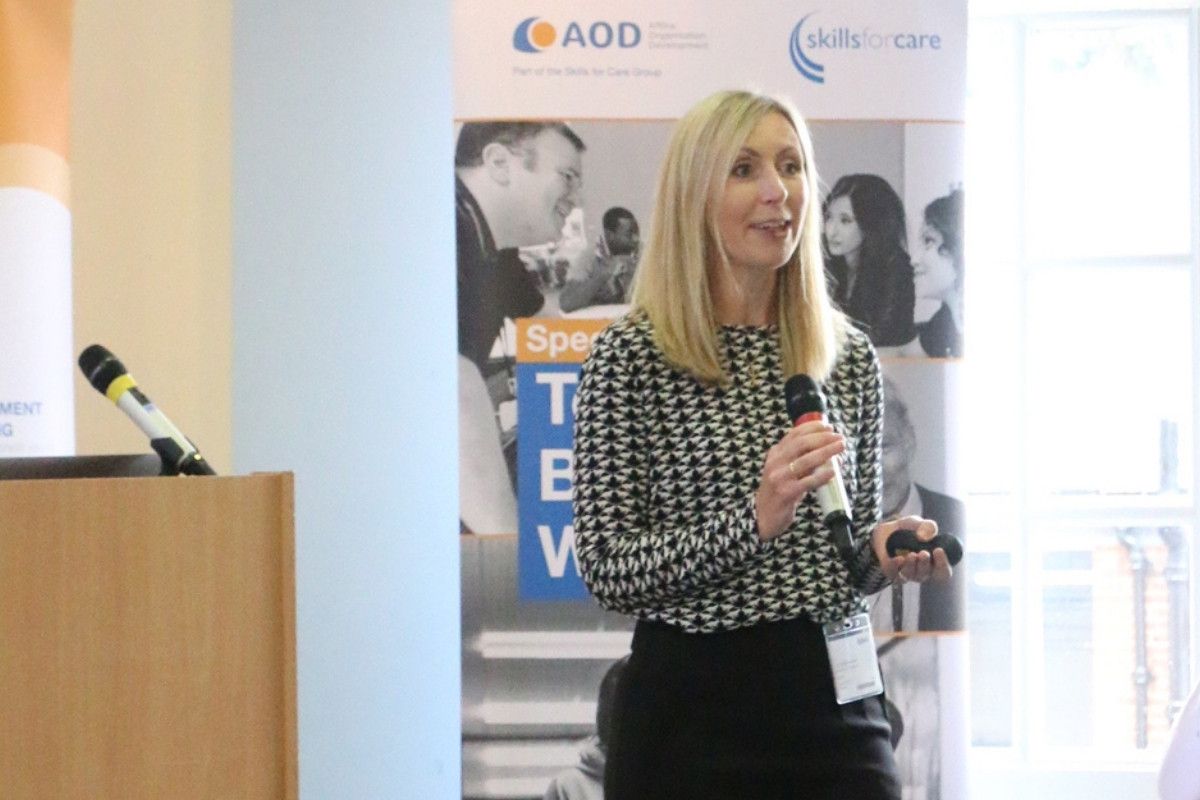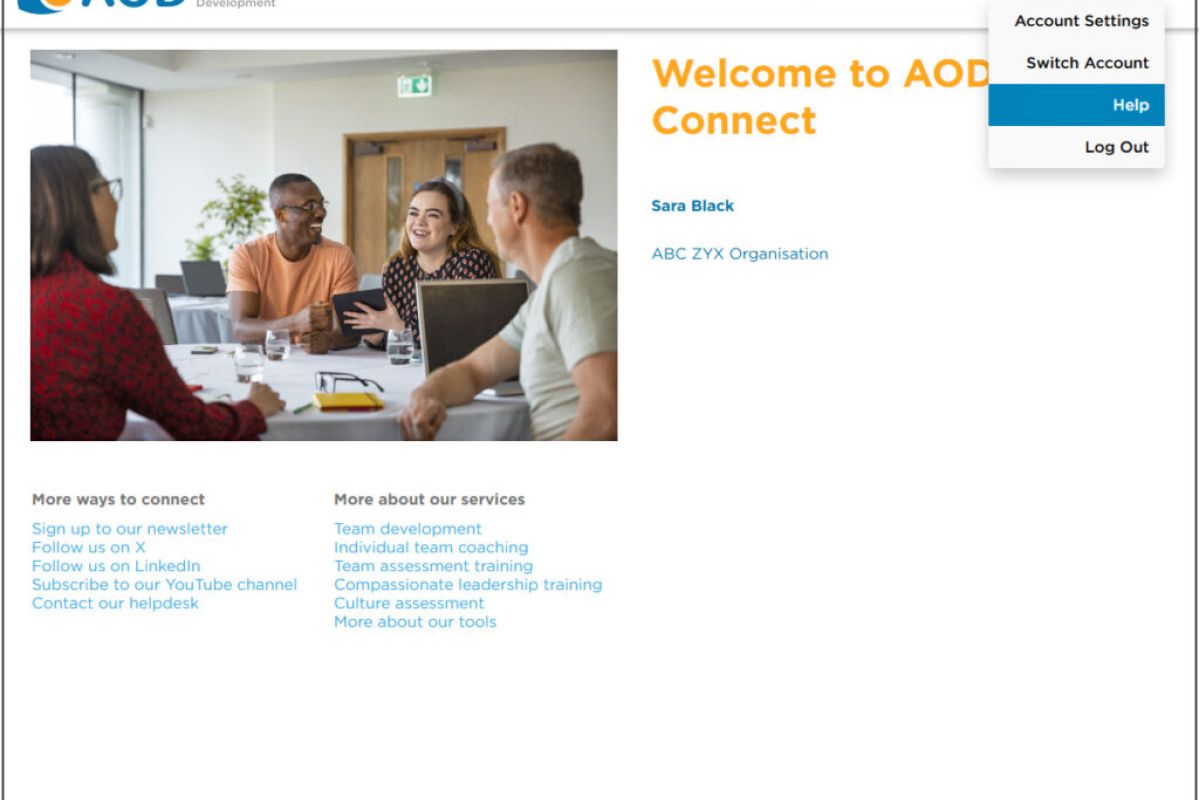Understanding the impact of AI on team effectiveness
Does AI present opportunities for more effective team-working in health and social care, or is it a threat to a people-centred workplace culture?
We look at ten key aspects of team working to explore the more positive role AI might play in improving team effectiveness.
1. Decision making
Decision-makers could spot patterns and trends through AI analytics, allowing them to make more informed strategic decisions
AI-generated recommendations and simulations could help teams to evaluate different scenarios.
AI could propose the best team members to involve in specific decisions, thus improving efficiency and enhancing inclusivity.
By identifying common ground and areas of agreement among team members, AI could promote consensus building.
2. Communication and collaboration
AI could help teams to share information, exchange ideas, and collaborate more easily.
Natural Language Processing could help to provide feedback on team interactions and promote continuous improvement.
Using AI to distil the essence from lengthy documents, could help teams stay focused.
AI could pick the best communication channels for specific tasks.
3. Resources
AI could help in assigning projects, balancing workloads, and optimizing budgets for better outcomes.
Teams could adapt to changing needs by using AI to optimize resource allocation based on real-time demand and supply data.
4. Inter-team working
AI could give quick access to relevant knowledge to support cross-team collaboration.
Teams could leverage AI for seamless inter-team cooperation through intelligent file sharing, task assignments, and updates.
Data-driven insights, provided by AI, could support inter-team decision-making; e.g. analysing data from different teams to recommend the most suitable approach for a joint project.
5. Task focus
Entrust repetitive tasks to AI and concentrate on what matters.
Use AI to continuously monitor service quality and make data-driven adjustments.
6. Team conflict
Use AI to analyze team dynamics and predict conflicts.
Rely on AI to spot patterns and potential issues, fostering healthier team dynamics.
7. Team skills and knowledge
Use AI to assess team members’ skills and strengths, suggesting personalized learning paths and enhancing the team’s collective expertise.
Let AI help form a well-rounded team, matching members’ strengths and weaknesses.
8. Equality, diversity and inclusion
Deploy AI to identify and address biases in team composition, interactions and performance, building diverse and inclusive teams.
9. Innovation and creativity
Use AI to inspire new ideas and innovative solutions. AI can offer inspiration and insights that can lead to breakthroughs and better problem-solving.
Harness AI to identify emerging trends and inspire novel product development.
10. Compassionate leadership
Let AI monitor team well-being, for example through analysis of communication channels or employee surveys, to acknowledge emotional states and provide targeted support.
Use AI to distribute workloads fairly and foster a caring work environment.
Sign up to our newsletter to receive great articles like this straight to your inbox.



